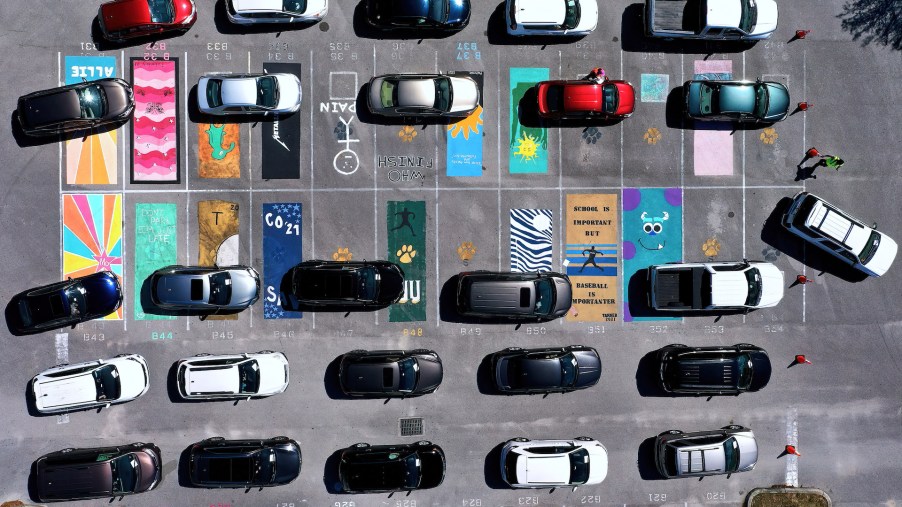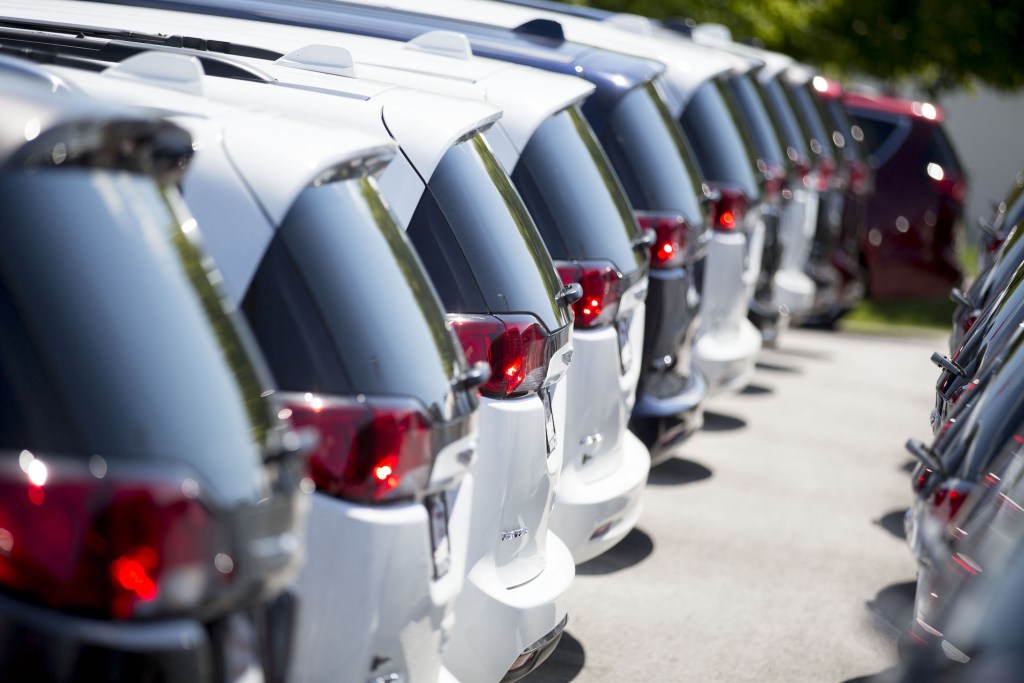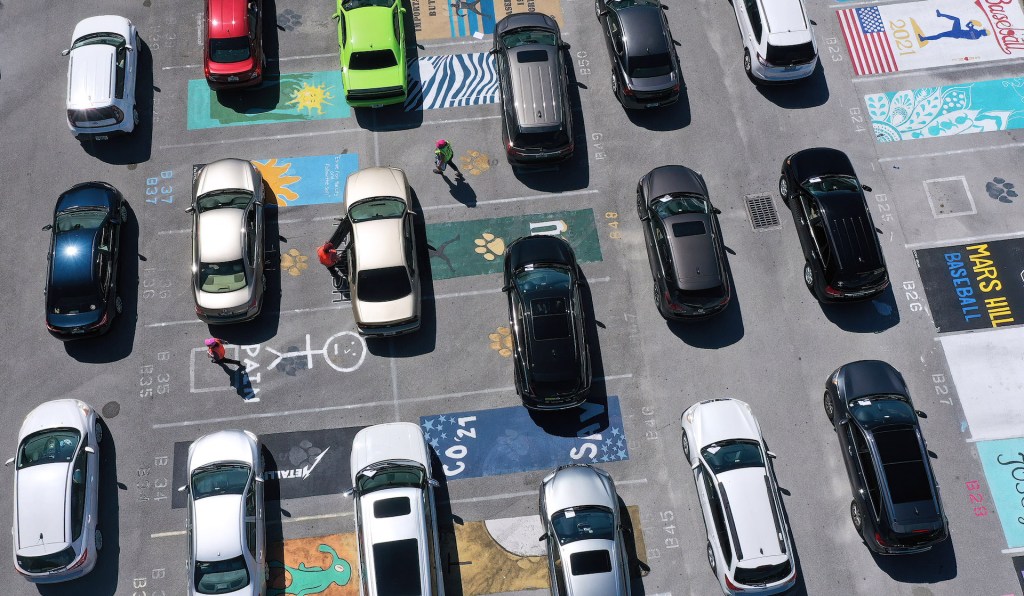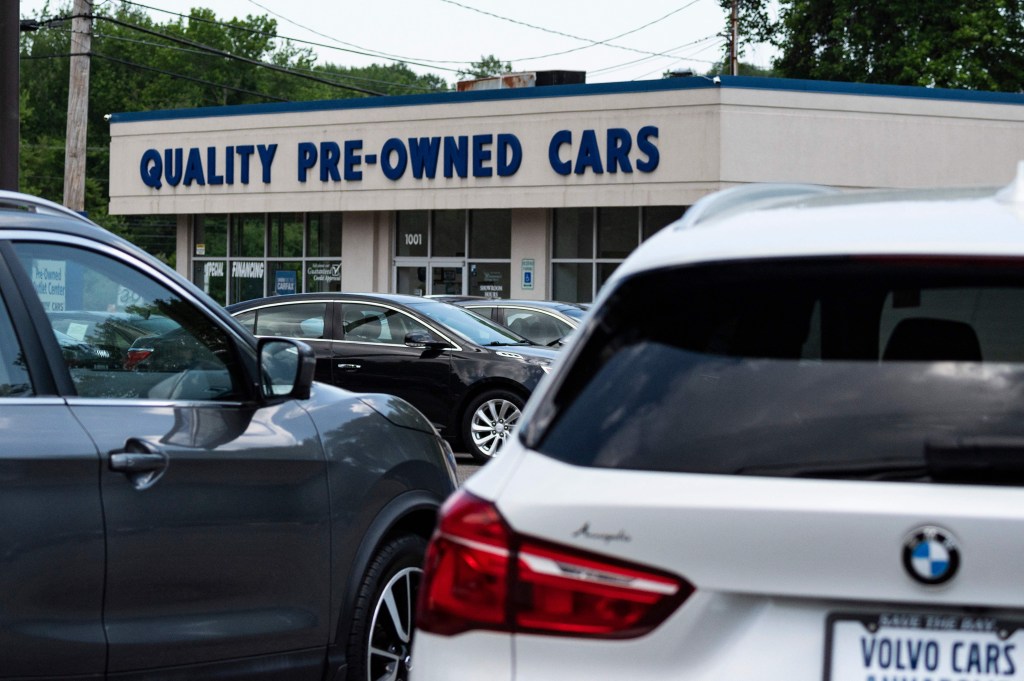
The Average Age for a Car in the U.S. Hits a Record of 12.1 Years
While 2020 was a tough year for various sectors of the U.S. economy, the automotive world has had to deal with several major setbacks. For starters, a sizable portion of the population began working remotely, eliminating the need for a commute and subsequently for new cars. Shortly after, a massive semiconductor shortage drastically slowed down new vehicle production, leaving dealerships stranded without inventory. As a result of these factors, the average car in the U.S. is now over 12 years old.
This latest study comes via Reuters, citing IHS Markit. While this recent data shows the direct results of the global pandemic and the subsequent microchip shortage, the average car age has been rising for almost two decades.
The average car in the U.S. is now 12.1 years old

According to IHS Market, the average car in the U.S. is now officially 12.1 years old. This figure comes from an analysis of all vehicles on the road in 2020. This represents a quick increase from the average age of 11.9 years recorded in 2019. As you might imagine, one of the main causes for this stems from the global pandemic and folks working from home. According to IHS Market, the number of miles traveled in 2020 dropped by 13 percent, thanks to the lockdowns.
Despite a huge section of the population staying at home, over 15 million cars headed to the scrapyard last year, marking the highest amount recorded in a single year for over two decades. As IHS Markit states, an increase in scrapped cars typically lowers the average age of a car in the U.S. since people mostly get rid of older cars. However, U.S. buyers purchased so few new cars last year that the average age still increased.
Why aren’t people buying new cars?

One of the main reasons why the average age for a car in the U.S. has increased relates directly to the sale of new cars. In a year when a sizable portion of the population was left unemployed, new car sales began to decline quickly as nationwide lockdowns were enforced. To add to this trend, the microchip shortage reared its ugly head, only exacerbating the issue. With shrinking supply, even the folks who had the money to buy new cars couldn’t always find one to buy.
This leads to a rise in the used car market, with prices for even older vehicles hitting all-time highs. As a result, many buyers opted to purchase a used car that was already in the market rather than buying a brand-new one. This keeps the average age for a car the same rather than help decrease it. However, this problem goes deeper than that.
Will the average car in the U.S. continue to get older?

According to IHS Markit, the rising age of the average car in the U.S. is certainly not something new. In fact, the average age had risen steadily from 2002 to 2009. However, once the recession hit, the average age shot up and has continued an upward trajectory ever since. Whether it be a result of higher car prices or lower purchasing power, cars will likely continue to get older if the data is correct.
According to IHS Markit, this will likely open up opportunities for folks in charge of long-term maintenance. As a result, you may want to think very long-term before making any automotive purchasing decision.


